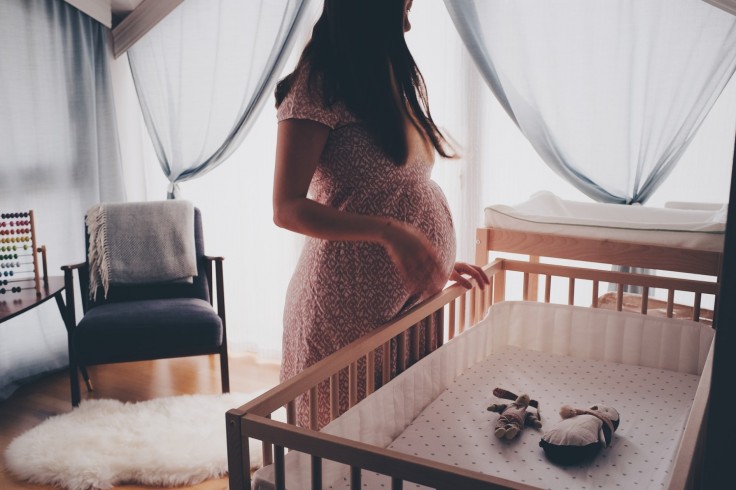
There are a lot of things we need to avoid when we get pregnant. Most of us are familiar with the dos and don'ts, from alcohol to nicotine - but what about nail polish, water bottles, or air freshener?
There's more than 232 of these compounds and chemicals in your home that you might not realize could hurt your unborn baby. Some might even cause brain or organ damage and are present in everything from soil and water to shampoo and paint!
Let's look at some of the most common ones that you could easily avoid.
Asbestos
We all know that asbestos is unhealthy, but because it's flame retardant, many houses still have it in their roofs, floors, ducts, insulation, and other areas. It can contaminate drinking water, or even be in pre-mixed garden vermiculite and potting soil.
If you live in an older house and suspect there might be asbestos, it's best to get an expert out as soon as possible. According to dominionroofing.com, you can get an experienced roofer to do an inspection. They can then determine whether any dangerous substances need to be replaced.
Formaldehyde
Formaldehyde is extremely common - a lot more than you might think. It's in carpets, cabinets, and certain furniture. It can even be found in fabric softener, shampoos, nail polish, and some cosmetics. One side effect of formaldehyde exposure in babies is low weight at birth, and lungs which struggle to fight inflammation.
Make sure you read all labels carefully to make sure you buy formaldehyde-free products for your home. Also, choose solid wood furniture over pressed wood or laminate. Aerosol and plug-in air fresheners can also contain this chemical.
PFOA and PFOS
These chemicals are specially formulated to make things stain and stick-resistant. You'll find them on most of your non-stick pots and pans, microwave popcorn bags, and stain-resistant clothes, furniture, or sprays.
These compounds can seriously affect the health of your unborn baby. Try to avoid non-stick or stain-resistant sprays. It would be best if you also consider replacing your non-stick cookware with cast iron or stainless steel. Some brands use a non-stick compound called Teflon (PTFE), which is safe to use.
BPA
If it's plastic, it probably contains BPA. In fact, it's in bottles, baby bottles, plates, cups, Tupperware, and even in cash receipts. It's also in food containers and cans, and it's extremely unstable.
Bisphenol A, or BPA, is dangerous even at low levels. It can cause early-onset puberty, susceptibility to breast and prostate cancer, and brain development. It's also linked to infertility and miscarriages, diabetes, heart disease, and behavioral problems in toddlers.
Your best chance of avoiding BPA is to replace bottles with steel, glass, or aluminum. Avoid heating food in plastic or food containers, and don't buy canned foods or drinks. Also, try to get email receipts instead of printed ones. Always err on the side of caution.
Final Word
As an expecting mom, you're likely already worried about how to have a safe pregnancy and a healthy baby. Cutting out some obviously dangerous habits and foods might seem easy enough, but we rarely think about how safe our home environment is.
Ensure that your home is as safe as possible, and if you're not sure about anything, get an expert out to do an inspection. Try to buy fresh foods, and always check the ingredients on any product before buying it.
While you might not be able to get rid of every possible danger, avoiding these common substances can reduce pregnancy risks and help keep you and your baby safe.